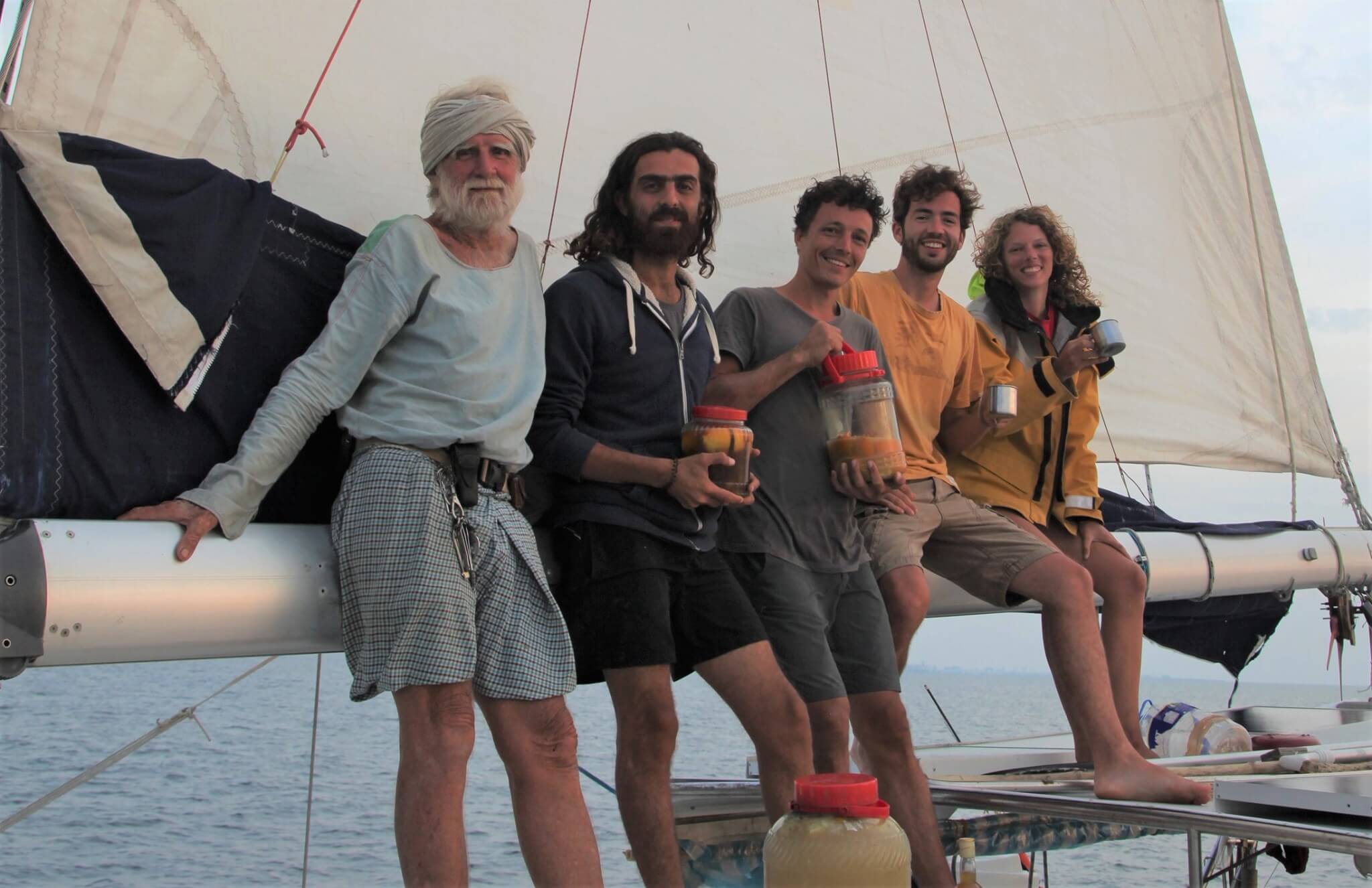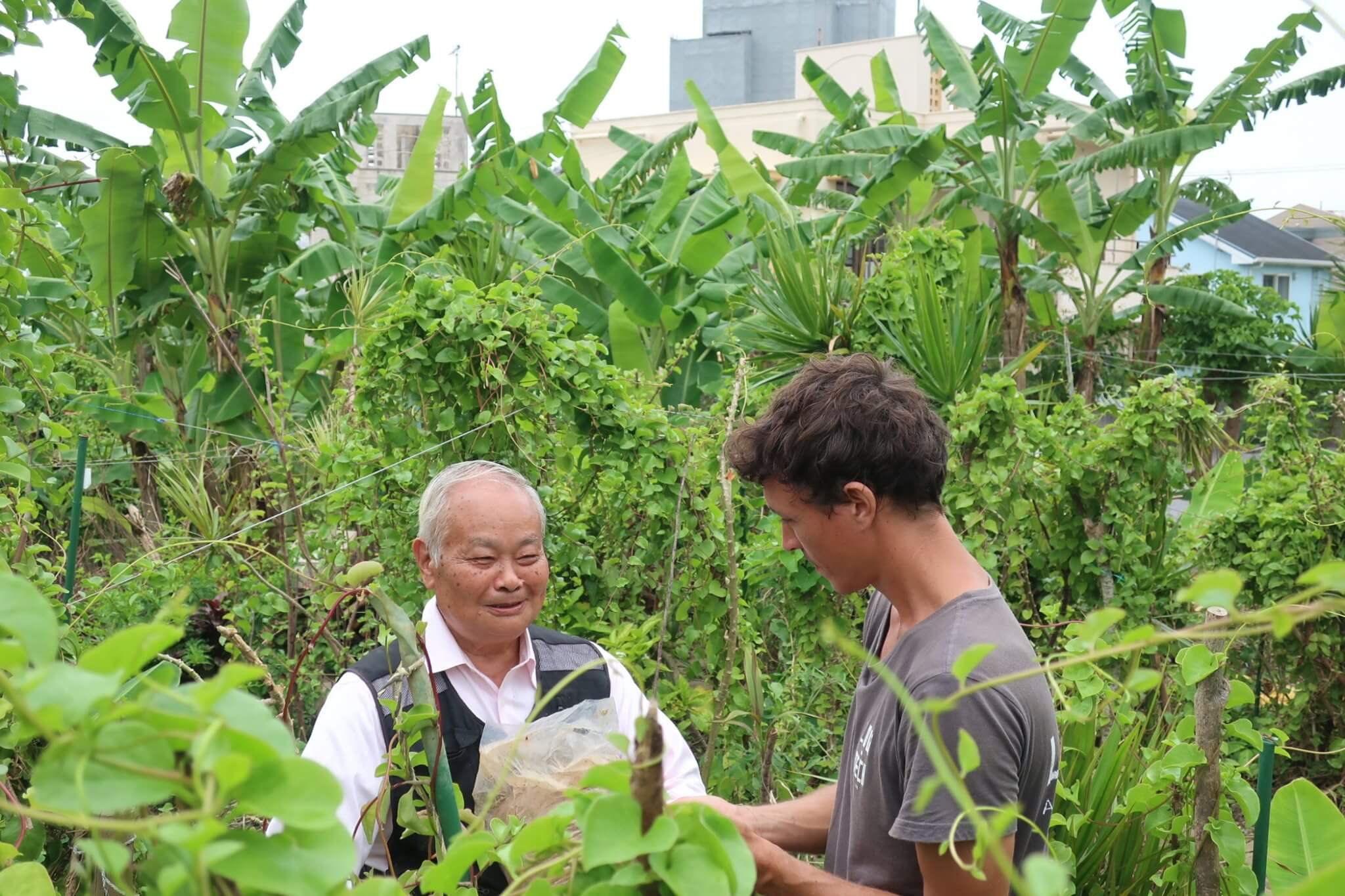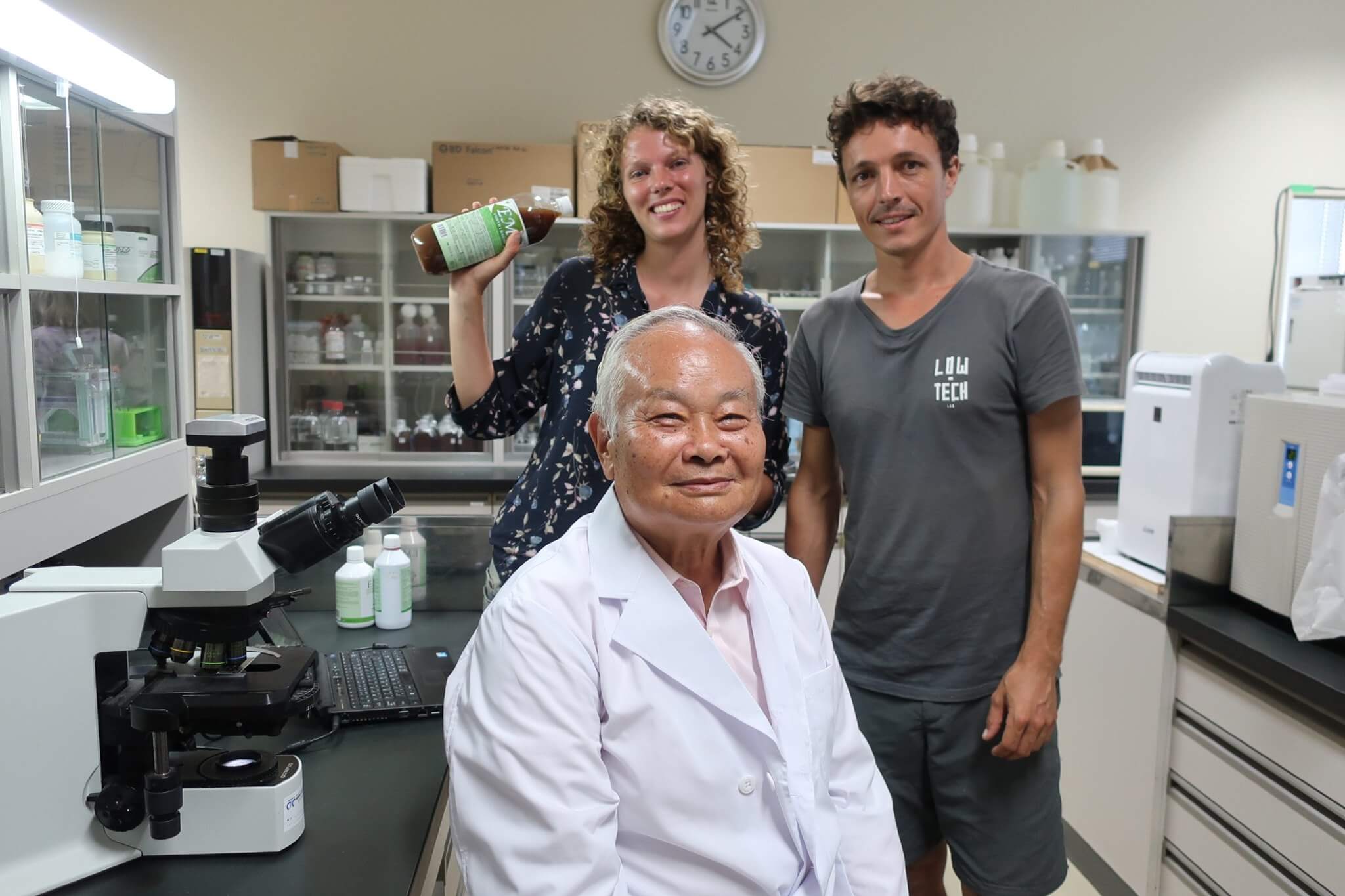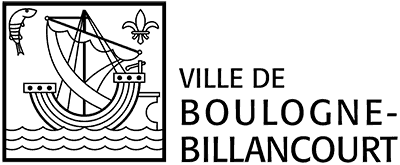[NOMADE DES MERS] Purification systems
Publication date: June 28, 2019
Authors: Corentin De Chatelperron
Location: Okinawa, Japan

Effective microorganisms #
Did you know that in a single gram of earth live a billion bacteria ? Or that our own body has 10 times more bacteria than cells, that is 1 to 2 kg !
While we too often associate them with dirt and disease, microorganisms are in fact a wonderful vector of life and good health !
It is in Okinawa, a small archipelago in the south of Japan, that we had an appointment with a world specialist of these small living beings : Professor Teruo Higa !
For 40 years, he has been studying the functioning and the role of micro-organisms in the process of fertilization of the earth. It is by a happy chance that he discovered that the association of certain types of micro-organisms had a beneficial effect on the health of plants. He gave them the name of “efficient microorganisms” EM Research Organization Inc.

The bokashi #
These “good bacteria” are very efficient to revitalize, fertilize and even clean up soils or waterways. You can also use them at home to make your “bokashi”. This Japanese technique greatly accelerates the composting process, accepts all types of organic waste (even meat!) and as it is done in a sealed container, it greatly limits odors and rodent invasions. A great method to make compost even in an apartment !
But before throwing away, we can also reuse ! Claire taught us how to transform our peelings into sparkling sodas or how to preserve our vegetables for a very long time while improving their nutritional properties. And frankly…it’s delicious !




